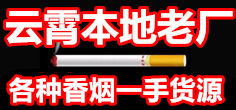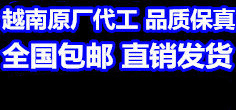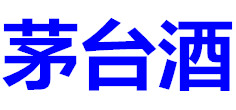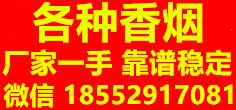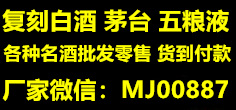
In recent years, the retail and e-commerce landscape has been dramatically reshaped by the ever-evolving dynamics of supply chains, with Vietnam emerging as a key player. Known for its robust manufacturing sector, Vietnam is now increasingly recognized as a hub for sourcing a wide variety of goods, from clothing and electronics to household items. This transformation is particularly visible in what is being described as the “wind and cloud changes” of first-hand sourcing channels and genuine product distribution networks.
The Transformation of Sourcing Channels
With the global trade landscape evolving, Vietnam’s role as a major exporter has intensified, drawing interest from businesses worldwide looking for reliable and economical sourcing options. The country’s manufacturing prowess offers both mass-produced goods for corporate giants and niche products for boutique brands and start-ups.
In particular, Vietnam’s textile and garment sector has been a focal point of attraction. The industry not only represents a significant portion of the national economy but has also become synonymous with quality and affordability. As companies seek to diversify their supply chains amidst geopolitical tensions and the aftermath of the pandemic, Vietnam’s position strengthens further. Observers note the increasing number of foreign companies partnering with Vietnamese manufacturers to establish long-term sourcing agreements.
Navigating Authenticity Challenges

While sourcing from Vietnam offers many advantages, businesses must navigate challenges, especially concerning product authenticity. The proliferation of counterfeit goods globally poses a significant risk, and Vietnam is not immune to these issues. Maintaining brand integrity is crucial, and companies are intensifying efforts to ensure the authenticity of the products sourced from Vietnam.
As highlighted by industry experts, the key to overcoming these challenges lies in establishing robust vetting processes for suppliers. Many businesses now invest in in-depth compliance checks and demand third-party audits of production facilities. Steps such as these are vital to verify that partners adhere to local and international standards and produce genuine products.
Technology as a Game Changer
Amid these evolving dynamics, technology has emerged as a pivotal force in reshaping how businesses approach both sourcing and authenticity. The use of blockchain technology, for instance, is transforming how companies verify the provenance of goods. Blockchain’s ability to provide an immutable ledger of a product’s entire journey from raw material to end customer is particularly appealing. This transparency fosters trust between brands and their consumers, critical in an era where consumers are more informed and concerned about the authenticity and ethical production of their purchases.

Artificial intelligence and machine learning are also playing increasing roles in monitoring supply chains. Through the use of sophisticated algorithms, these technologies can predict and identify potential disruptions in the supply chain, allowing businesses to pivot and adapt more swiftly. This foresight is invaluable in a world where rapid response can mean the difference between maintaining competitive edge and falling behind.
Facilitating Market Access
Vietnam’s strategic location in Southeast Asia offers another advantage for businesses looking to tap into the regional market. With advantageous trade agreements in place, such as the Comprehensive and Progressive Agreement for Trans-Pacific Partnership (CPTPP) and the EU-Vietnam Free Trade Agreement (EVFTA), companies have unprecedented access to new consumer bases ranging from Asia to Europe, promising significant growth opportunities.
Furthermore, Vietnamese authorities have demonstrated a strong commitment to supporting the business environment through reforms and initiatives aimed at strengthening intellectual property rights and streamlining regulatory processes. These efforts play a crucial role in enhancing Vietnam’s appeal as a reliable source for genuine products.
Business Perspectives and Consumer Trust
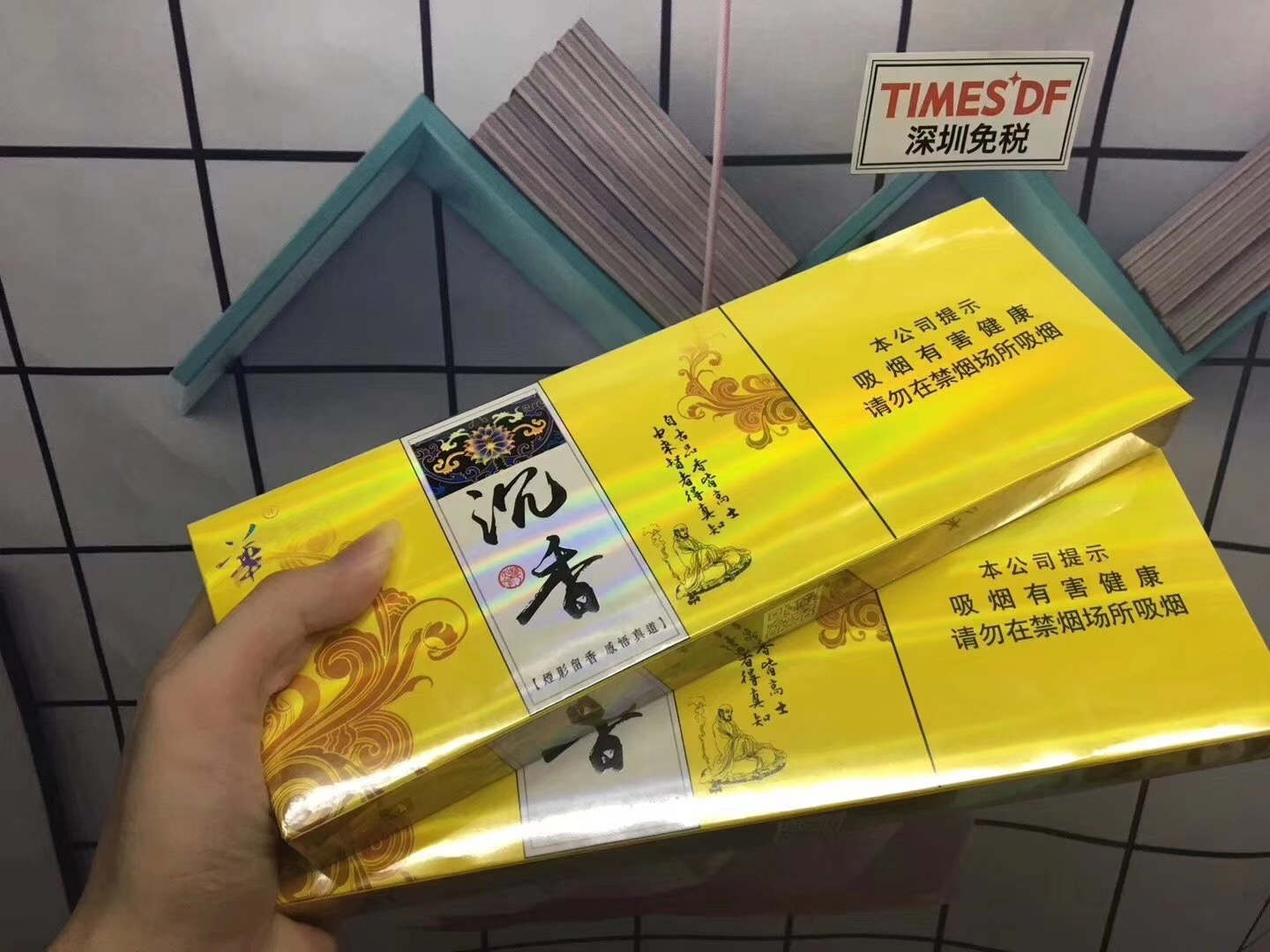
From the perspective of businesses leveraging Vietnam’s sourcing capabilities, the “wind and cloud changes” are not just about cost-effective procurement but also about sustaining consumer trust. Today’s consumers are more discerning and socially conscious, expecting transparency and ethical practices from the brands they support. By leveraging technology and adhering to stringent authenticity checks, businesses can align themselves with these consumer expectations.
Moreover, as social media and digital platforms become primary sources of product exploration and feedback, maintaining a flawless reputation is paramount. Any negative perception regarding fake products can rapidly descend into a PR crisis, underscoring the importance of vigilance and proactive management of brand image.
Looking Ahead
Vietnam’s ascent in the global supply chain is a testament to its capability and strategic importance in today’s market. The “wind and cloud changes” we are witnessing in Vietnam’s supply channels and authenticity measures mirror broader trends impacting how we source and consume products globally. Companies are encouraged to adapt rapidly, leveraging technological innovations and strategic international partnerships to capitalize on this transformation while safeguarding their brands’ integrity.
As Vietnam continues to assert itself as a pivotal node in global sourcing networks, it sets a precedent for how emerging markets can integrate into and reshape the global economy’s fabric. This transformation, fueled by both opportunity and the necessity for authenticity, will likely define the future trajectory of international trade and consumer engagement.
In conclusion, the dynamic shifts within Vietnam’s sourcing landscape and its impact on global product authenticity undeniably represent both challenges and opportunities for businesses worldwide. As these changes unfold, staying informed and adaptable will be key in navigating the new era of global commerce.

